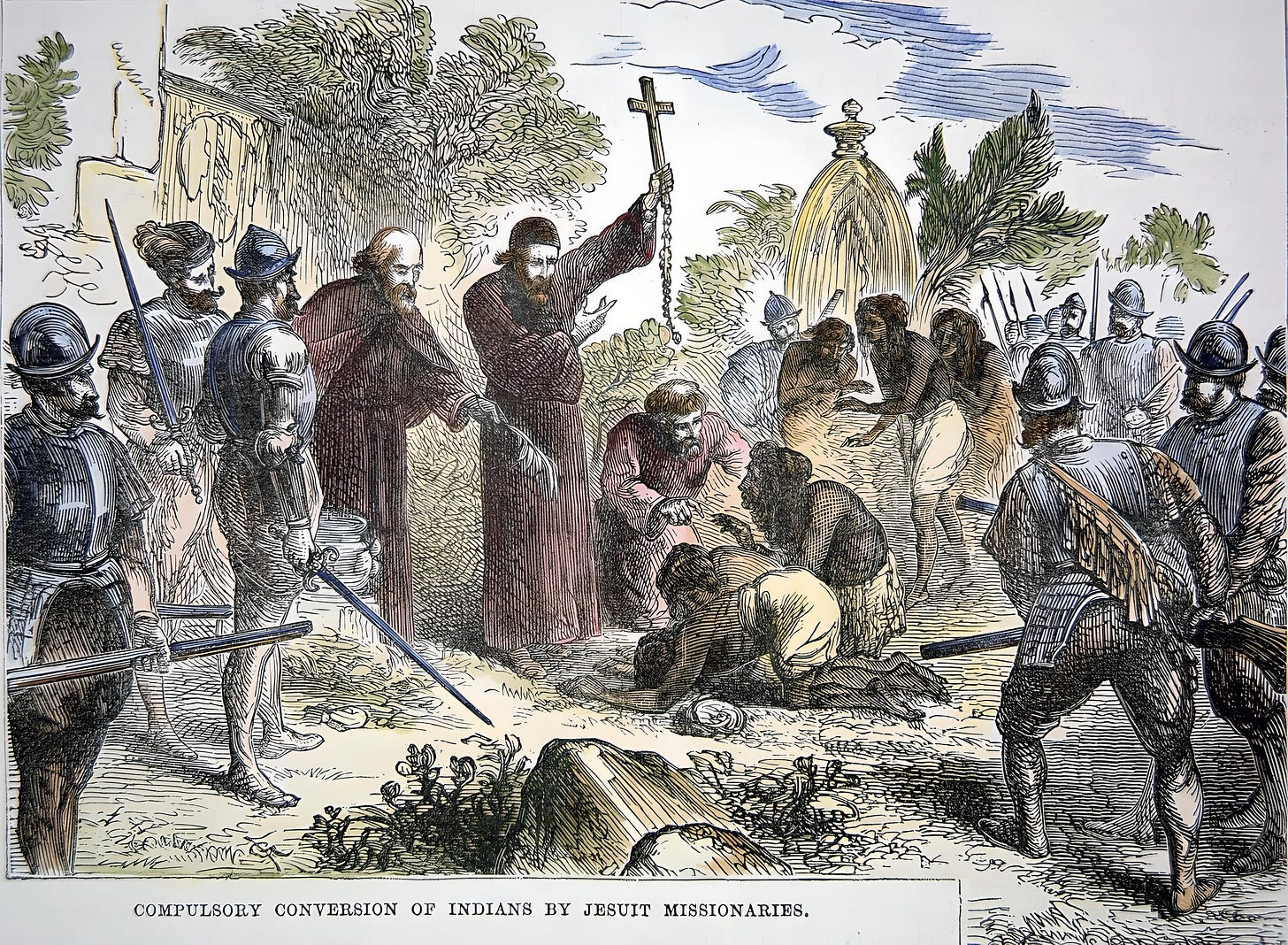The Dogma of the Unity of Mankind
by Guillaume Faye
Guillaume Faye examines the influence of Christian universalism on the erosion of national identities, highlighting its push towards an abstract ideal of mankind that negates cultural particularities and drives a global shift towards a homogenised society.
This is the sixth part of Guillaume Faye’s essay ‘The New Ideological Challenges’, published in 1988. Also read parts one, two, three, four, and five.
Among the dogmas of Judeo-Christian universalism, which particularly threaten the identity of nations, is the dogma of the unity of mankind, understood as a metaphysical substance. This concept of a unique mankind (an aggregation of individuals and children of the same God the Father) that should reject abnormal and merely temporary affiliations originates from the biblical view of mankind — an evidently ethnocidal and totalitarian view. The biblical argument imposes a worldview in which the Absolute is decisive over particular notions, where the focus shifts from the general to the particular — without any interaction — resulting in the particular always being in a devalued position. This line of reasoning, utterly opposed to the worldview of European paganism, ‘derives what we can know about the particular from what we are supposed to know about the Absolute’1 — yet it is now contradicted by the entire fields of biology, anthropology, and physics. Both this ethnocidal myth of the unity of mankind and the archetype of a universal man (a monogenetic being from the same stock) are rooted in Genesis and the teachings of the Church Fathers; this model leads to the devaluation of identities.




